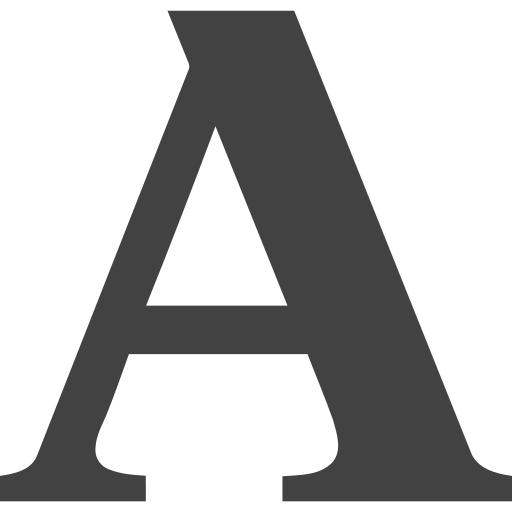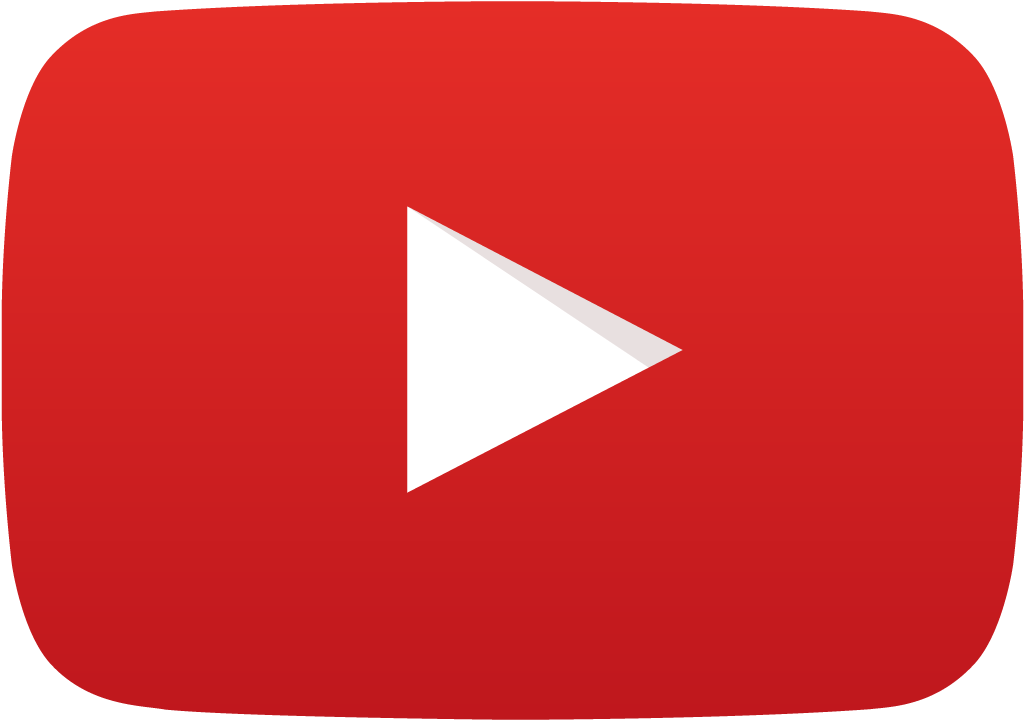Limits and Possibilities of Fact-Checking as a Social Practice to Improve Democracy: The Truco Nos Esta-dos Project in the Brazilian Elections of 2018
DOI:
https://doi.org/10.33732/ixc/10/02LimiteKeywords:
Fact-Checking, Journalism of Verification, Brazilian Elections 2018, Structural Changes of Journalism, Democracy, Journalism.Abstract
The paper discusses limits and possibilities of fact-checking as a social practice to improve democracy in the 21th century. In base on results of participation research developed in the Truco nos Estados project, from Agência Pública, during the Brazilian elections 2018, the text presents inferences about fact-checking context and impact to promote a democratic agenda having as theorical perspective the structural changes of journalism. It can be concluded that there is space to fact-checking develope as a journalistic practice to improve democracy, but its consolidation depends of a psicocognitive learning shared by public agentes and citizens.
Metrics
References
ALSINA, M. R. (2009): A construção da notícia. Petrópolis, RJ, Brazil: Vozes.
BELL, E.; & OWEN, T. (2017): ‘The platform press: how Silicon Valley reengineered journalism’. Tow Center for Digital Journalism. Nova York, EUA: Columbia Journalism School. From http://towcenter.org/wp-content/uploads/2017/03/The_Platform_Press_Tow_Report_2017.pdf
CHARRON, J. (2018). ‘A crise não é do jornalismo, mas do seu financiamento: entrevista com Jean Charron’. Entrevistadora: Lícia Guilhermano. Porto Alegre, RS, Brazil: Intexto. Online First. 2018.
CHARRON, J., & BONVILLE, J. (2016): Natureza e transformação do jornalismo. Florianópolis, Brazil: Insular; Brasília, Brazil: FAC Livros.
FAJARDO, V. (2018): ‘Como o analfabetismo funcional influencia a relação com as redes sociais no Brasil’. São Paulo, SP, Brazil: BBC Brasil. November 12, 2018. From: https://www.bbc.com/portuguese/brasil-46177957
GERTH, H., MILLS, C., WRIGHT (orgs.) (1974): Max Weber: ensaios de sociologia. Rio de Janeiro, Brazil: Zahar.
GUESS, A., NYHAN, B., REIFLER, J. (2018): Selective Exposure to Misinformation: Evidence from the consumption of fake news during the 2016 U.S. presidential campaign. European Research Council. January 9, 2018. From: https://www.dartmouth.edu/~nyhan/fake-news-2016.pdf
GRAVES, L. (2016): Deciding what’s true: the rise of political fact-checking in american journalism. New York, EUA: Columbia University Press.
HENN, R. (2013): ‘Apontamentos sobre o ciberacontecimento: o caso Amanda Tood’.
XXII Encontro Anual da Compós. Salvador, BA, Brazil: Universidade Federal da Bahia. From: http://www.compos.org.br/data/biblioteca_2068.pdf
IBGE (2018). ‘PNAD Contínua TIC 2016: 94,2% das pessoas que utilizaram a Internet o fizeram para trocar mensagens’. Brasília, DF, Brazil: Agência IBGE. February 21, 2018. From: https://agenciadenoticias.ibge.gov.br/agencia-sala-de-imprensa/2013-agencia-de-noticias/releases/20073-pnad-continua-tic-2016-94-2-das-pessoas-que-utilizaram-a-internet-o-fizeram-para-trocar-mensagens
KUHN, T. (1975): A estrutura das revoluções científicas. São Paulo, Brazil: Perspectiva.
LEVITSKY, S. & ZIBLATT, D. (2017): Como as democracias morrem. Rio de Janeiro, Brazil: Zahar.
MANTZARLIS, A. (2018). ‘Fact-checkers are no longer a fresh-faced movement. They're figh-ting for the future of the internet’. Florida, EUA: The Poynter Institute. June 20, 2018. From: https://www.poynter.org/news/fact-checkers-are-no-longer-fresh-faced-movement-theyre-fighting-future-internet
NALON, T. (2018): ‘Teria o WhatsApp contribuído para a eleição de Bolsonaro?’. Rio de Janeiro, Brazil: Aos Fatos. November 2, 2018. From: https://aosfatos.org/noticias/teria-o-whatsapp-contribuido-para-eleicao-de-bolsonaro/?fbclid=IwAR00A1wO4kVv6NZoDDyPD9xdKwgzOGXE8LUR-xdVW2xIZdQlZvLh7-pW3_o
NASCIMENTO, L. (2018): ‘Número de linhas pós-pagas chega a 40% do mercado de telefonia móvel’. Brasília, DT, Brazil: Agência Brasil. August 30, 2018. From: http://agenciabrasil.ebc.com.br/economia/noticia/2018-08/numero-de-linhas-pos-pagas-chega-40-do-mercado-de-telefonia-movel
Oxford Living Dictionaries (2016). ‘Post-truth’. From: https://en.oxforddictionaries.com/definition/post-truth
PERUZZO, C. (2006): ‘Observação participante e pesquisa-ação’. In: Duarte, J., & Barros, A. (org.): Métodos e técnicas de pesquisa em comunicação (pp. 125-45). São Paulo, Brazil: Atlas.
PERUZZO, C. (2016): ‘Epistemologia e método da pesquisa-ação. Uma aproximação aos movimentos sociais e à comunicação’. In: XXV Encontro Anual da Compós. Goiânia, GO, Brazil: Universidade Federal de Goiás.
SEIBT, T. (2019). Jornalismo de verificação como tipo ideal: a prática de fact-checking no Brasil. (Tese de Doutorado em Comunicação e Informação). Universidade Federal do Rio Grande do Sul. Porto Alegre, Brasil: UFRGS.
STENCEL, M. & GRIFFIN, R. (2018). ‘Fact-checking triples over four years’. Duke Reporters’ Lab. February 22, 2018. From: https://reporterslab.org/tag/fact-checking-census/
WARDLE, C. & DERAKHASHAN, H. (2017): ‘Information disorder: Toward an interdisciplinary framework for research and policy making’. Council of Europe Report. September 27, 2017. From: https://edoc.coe.int/en/media/7495-information-disorder-toward-an-interdisciplinary-framework-for-research-and-policy-making.html
WARDLE, C. (2018). ‘Forget deepfakes: misinformation is showing up in our most personal online spaces’. Cambridge, EUA: Nieman Lab Predictions for Journalism 2019, from http://www.niemanlab.org/2018/12/forget-deepfakes-misinformation-is-showing-up-in-our-most-personal-online-spaces/
WEBER, M. (2014). Economia e Sociedade: fundamentos da sociologia compreensiva. Vol 1. 4ª ed. Brasília: Editora UnB.
Published
How to Cite
Issue
Section
License
Copyright (c) 2020 Taís Seibt

This work is licensed under a Creative Commons Attribution-NonCommercial 4.0 International License.
Authors who submit to this journal agree to the following terms:
Authors retain copyright and ensure the magazine's right to be the first publication of the work as licensed under a Creative Commons Attribution-NoComercial 4.0 International License that allows others to share the work with an acknowledgment of authorship of the work and the initial publication in this magazine, with no commercial purpose.
Authors can establish separate additional agreements for non-exclusive distribution of the version of the work published in the magazine (for example, to an institutional repository or publish it in a book), with an acknowledgment of its initial publication in this journal.
It allows and authors are encouraged to disseminate their work electronically (eg, in institutional repositories or on their own website) prior to and during the submission process, as it can lead to productive exchanges, as well as a citation more early and most of the published work (See The Effect of Open Access).















